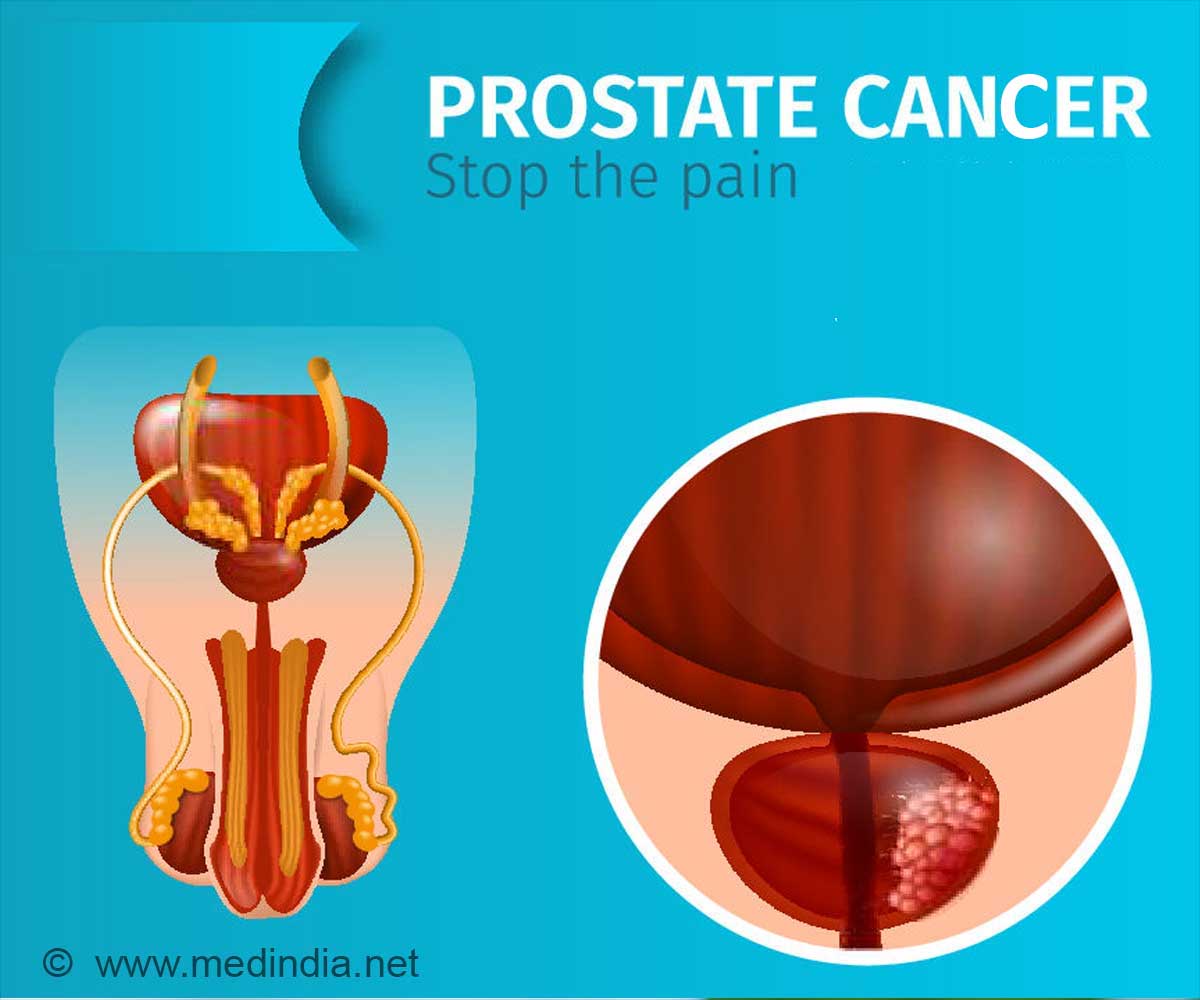
And by giving Neoadjuvant Androgen Deprivation Therapy for six months - before and after radiotherapy - avoids the potential side-effects including impotence, high cholesterol and heart attack that can be caused by prolonged use.
"[This] is an important trial, and has two clear messages for current clinical practice. First, it confirms that NADT significantly reduces mortality after radiotherapy for high-risk prostate cancer, and is a standard of care," the Telegraph quoted Chris Parker from London's Royal Marsden Hospital, as saying.
"Second, it helps to resolve the uncertainty regarding NADT duration, and strongly suggests that men receiving NADT should have at least six months' treatment," added Parker.
In the new research, a team from Australia and New Zealand looked again at results of a trial involving 802 men with locally advanced prostate cancer, some of whom were only treated with radiation and others who also received either three or six months' worth of hormone therapy.
The researchers looked at the patients 10 years on and found there was an 11 per cent death rate among those who had the six-month NADT treatment combined with radiotherapy, compared with 22 per cent who just had radiation.
Advertisement
The authors concluded that the trial "shows that a large proportion of men with locally advanced prostate cancer can be treated successfully, with few late side-effects, with as little as 6 months of NADT (and a relatively low dose of radiation)."
Advertisement
Source-ANI



![Prostate Specific Antigen [PSA] & Prostate Cancer Diagnosis Prostate Specific Antigen [PSA] & Prostate Cancer Diagnosis](https://www.medindia.net/images/common/patientinfo/120_100/prostate-specific-antigen.jpg)









